Nigeria’s economy is undergoing significant transformations as it confronts longstanding challenges and implements bold reforms. In the first quarter of 2025, the economy expanded by 3.84% year-on-year, marking the fastest growth in three years. This acceleration was primarily driven by the services sector, which grew by 5.37% during the same period. (tradingview.com)
A pivotal aspect of Nigeria’s economic strategy has been the removal of fuel subsidies, a move aimed at reducing government expenditure and redirecting funds to critical infrastructure projects. While this decision has been lauded by international financial bodies and investors, it has also led to a severe cost-of-living crisis domestically, with inflation rates soaring to 29.9% in January 2024, driven largely by escalating food prices. (nbcchicago.com)
In response to these economic pressures, President Bola Tinubu’s administration has sought to bolster the nation’s financial position by requesting parliamentary approval for external borrowing totaling $21.5 billion. This borrowing plan is part of a broader strategy to stimulate economic growth and address the immediate fiscal challenges posed by recent reforms. (reuters.com)
The Central Bank of Nigeria (CBN) has also been active in implementing measures to stabilize the economy. In 2024, the CBN raised the Monetary Policy Rate (MPR) by 875 basis points to 27.5% to contain inflation and restore economic stability. These actions have contributed to a more stable foreign exchange market, with the naira appreciating against the dollar in recent months. (thenationonlineng.net)
Additionally, the CBN has introduced the Electronic Foreign Exchange Matching System (EFEMS) to address forex market distortions, curb speculative activities, and promote greater transparency. This system aims to enhance market efficiency and credibility, providing real-time information on currency rates and trading volumes. (thenationonlineng.net)
On the fiscal front, Nigeria has made strides in reducing its debt obligations. The country fully repaid the $3.4 billion emergency funding received from the International Monetary Fund (IMF) during the COVID-19 pandemic, marking a significant milestone in its debt management strategy. (reuters.com)
In the energy sector, the government has initiated reforms to revitalize the Nigerian National Petroleum Company (NNPC). In April 2025, President Tinubu dismissed the entire 11-member board of NNPC, signaling a commitment to addressing issues of mismanagement and embezzlement within the organization. The new board, led by Bashir Ojulari, aims to restore investor confidence and improve the performance of the oil sector, which is crucial for Nigeria’s economic stability. (ft.com)
Despite these efforts, Nigeria continues to grapple with high inflation rates, currently at 24%, primarily driven by food prices. Addressing this challenge requires immediate agricultural and market reforms to ensure food security and alleviate the economic burden on citizens. (ft.com)
Looking ahead, the ruling All Progressives Congress (APC) has endorsed President Tinubu for re-election in the 2027 presidential race, reflecting confidence in his economic reforms and leadership. However, the administration faces the ongoing challenge of balancing the need for economic stabilization with the imperative of improving the living standards of ordinary Nigerians. (reuters.com)
In summary, Nigeria’s economy is at a crossroads, implementing significant reforms aimed at long-term stability and growth. While these measures have led to positive indicators such as GDP growth and improved foreign exchange stability, the country must continue to address inflationary pressures and social challenges to ensure sustainable development.

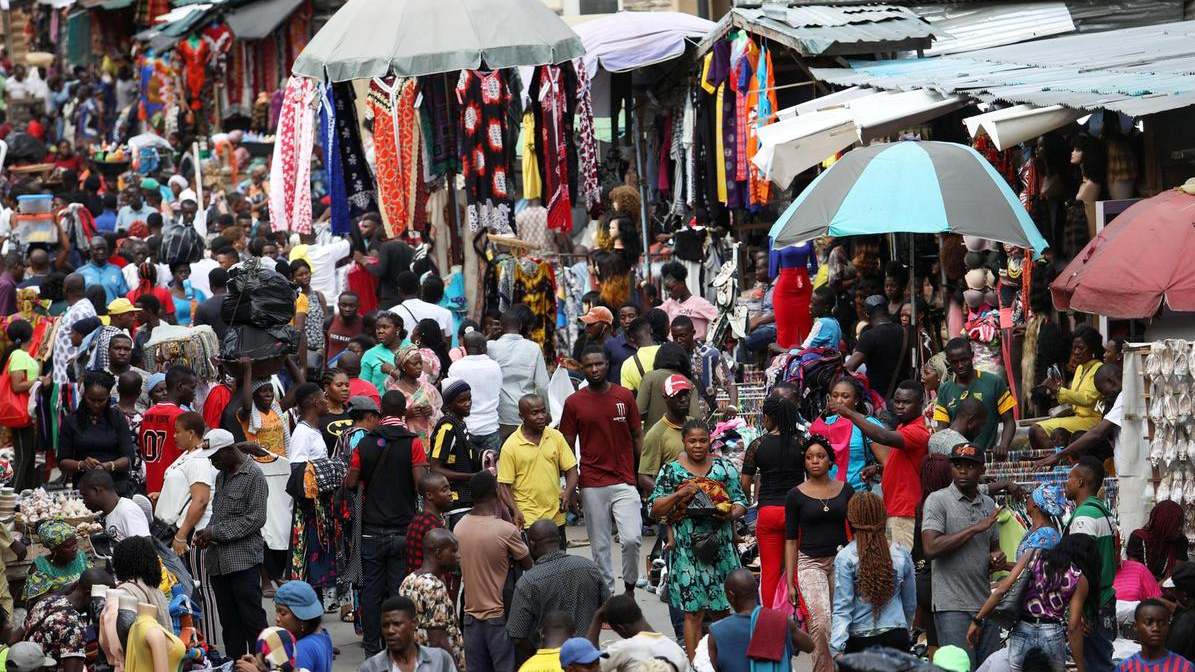
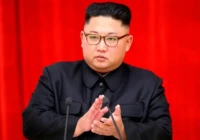
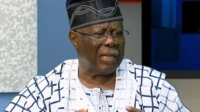
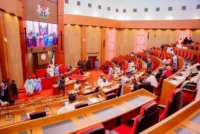

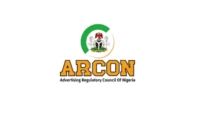
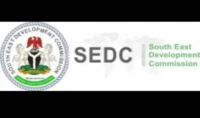
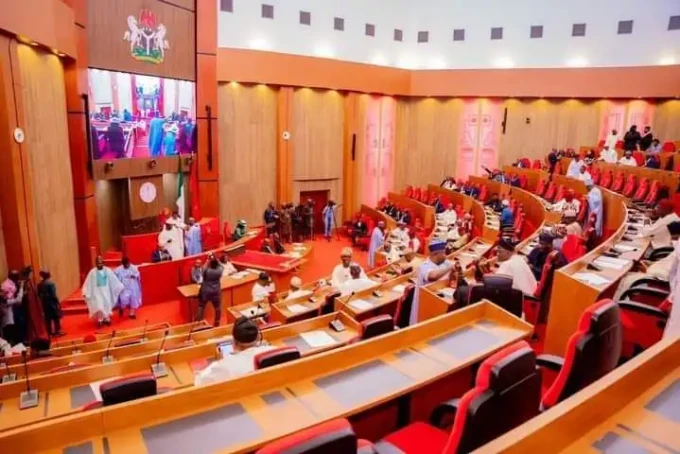
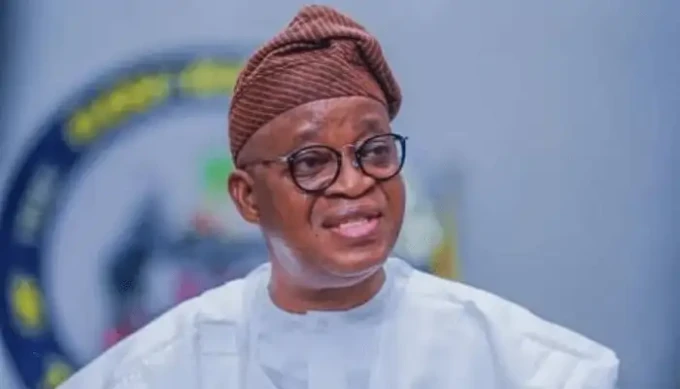
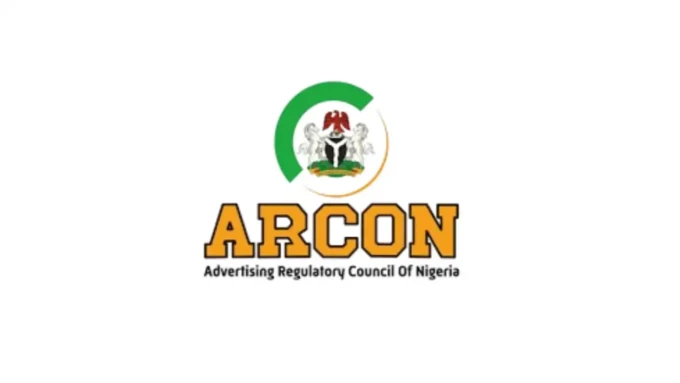
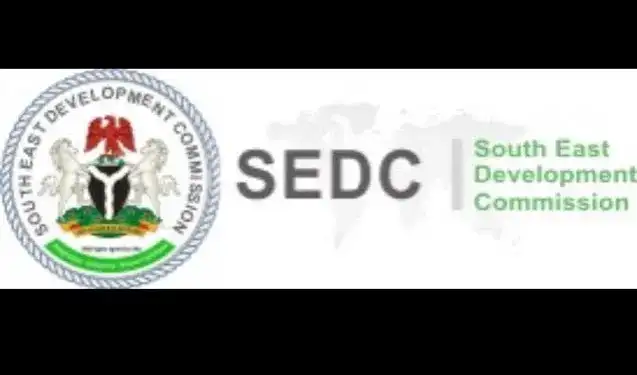
Im curious about the impact of these developments on the average Nigerian citizen. Are they feeling the positive changes or are they still struggling?
Im not convinced by the articles optimism about Nigerias economy. I think there are still major challenges that need to be addressed.
Im not convinced these economic developments in Nigeria will benefit everyone. What about the marginalized communities? Lets discuss.
Im not convinced these developments in Nigerias economy will lead to long-term growth. What do you all think? Lets discuss.
Im not convinced that these developments will actually improve the lives of everyday Nigerians. What do you all think?
I find it interesting how Nigerias economy is evolving. Do you think these developments will have a positive impact in the long run?